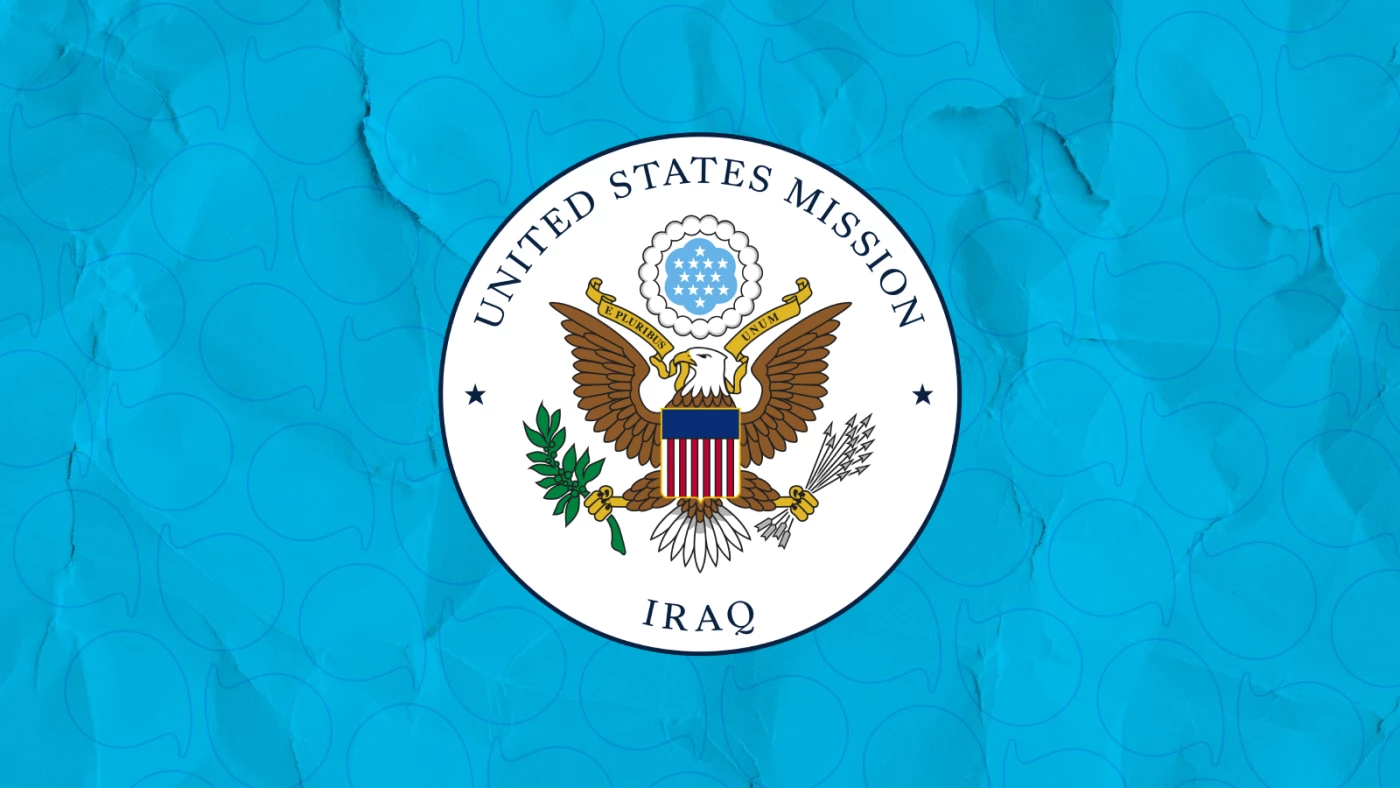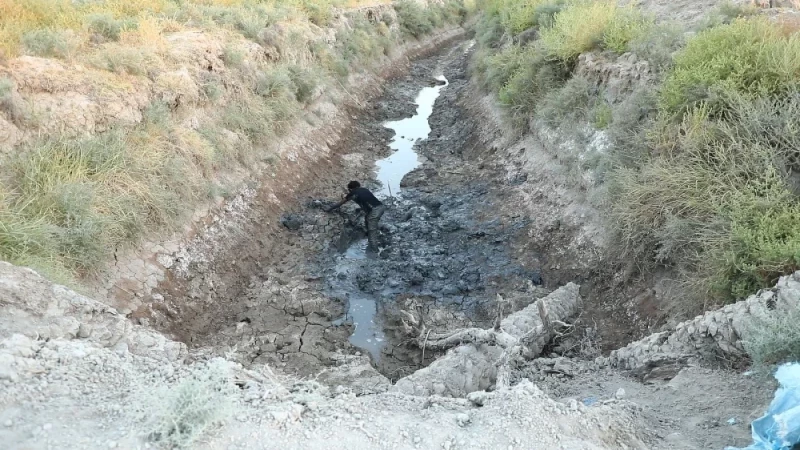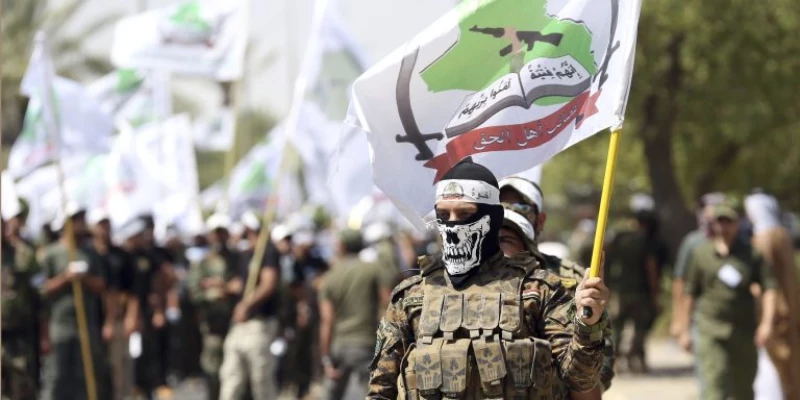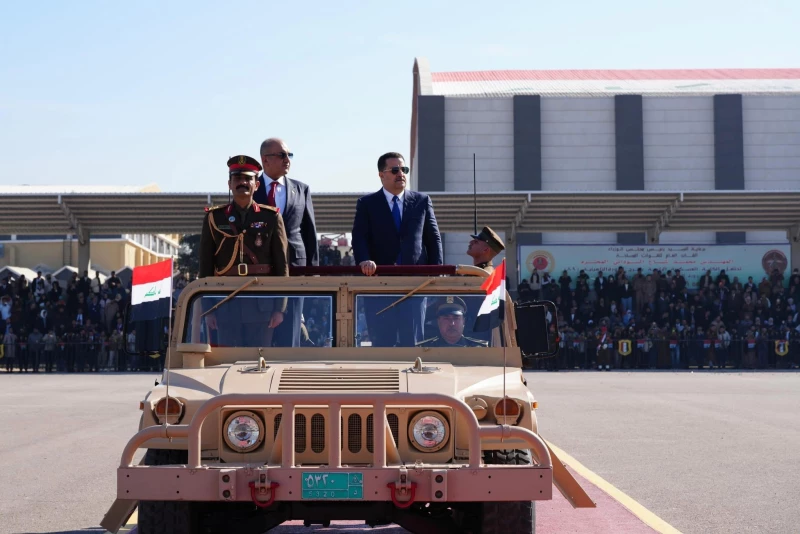ERBIL, Kurdistan Region of Iraq - The United States Embassy in Iraq has urged Erbil and Baghdad to resolve the issue of the Kurdistan Region’s civil servant salaries, noting that the resolution of the dispute signals a friendly environment for US firms to invest in the country.
“We urge Baghdad and Erbil to resolve their issues through constructive dialogue. Resolving the salaries issue sends a signal that Iraq is creating an environment in which US companies would want to invest,” a spokesperson for the embassy told The New Region on Sunday.
The resolution of the conflict will also “send a positive signal on broader cooperation for the benefit of all Iraqis,” the mission said, such as the reopening of the Iraq-Turkey pipeline and further “energy exploration,” including with US firms.
Civil servants in the Kurdistan Region have borne the brunt of a long-standing budgetary conflict between the Iraqi government and the Kurdistan Regional Government (KRG). Economic sanctions and pressure on Erbil by federal authorities have forced employees in the Region to live from paycheck to paycheck.
In a letter addressed to the KRG in late May, Iraqi Finance Minister Taif Sami said that Baghdad was “unable to continue funding the Region” for the rest of the year, arguing that Erbil has already exceeded its share of the annual budget.
The decision has resulted in a halt in disbursing the Region’s civil servant salaries, who have yet to be paid for the months of May and June.
The Kurdistan Region’s ruling Kurdistan Democratic Party (KDP) on Saturday said they were granting Baghdad one last chance to solve the issues, citing a promise by the federal government to address the problem.
KRG spokesperson Peshawa Hawramani said last week that funding the salaries of the Region’s employees by the federal government is contingent upon an agreement between international oil companies (IOCs) and Baghdad for the resumption of Kurdish exports. “The ball is now in Baghdad's court,” Hawramani said, adding, “The fate of one million employees awaits a signature” from Iraq's Prime Minister Mohammed Shia’ al-Sudani.
Exports of the Kurdistan Region’s oil through the Turkish Ceyhan pipeline were halted in March 2023 after Ankara lost a case against Baghdad in a Paris-based arbitration court. The case accused Ankara of breaching a 1973 agreement by allowing the Kurdistan Regional Government (KRG) to start selling oil independently of Baghdad.
Baghdad and Erbil announced in late February that they reached an agreement to resume the Kurdistan Region’s oil exports to the international market, but the process has yet to restart, with international oil producers demanding payment surety, transparent implementation of Iraq’s budget law stipulations, and resolution of payments that are in arrears before resuming the work.



 Facebook
Facebook
 LinkedIn
LinkedIn
 Telegram
Telegram
 X
X


